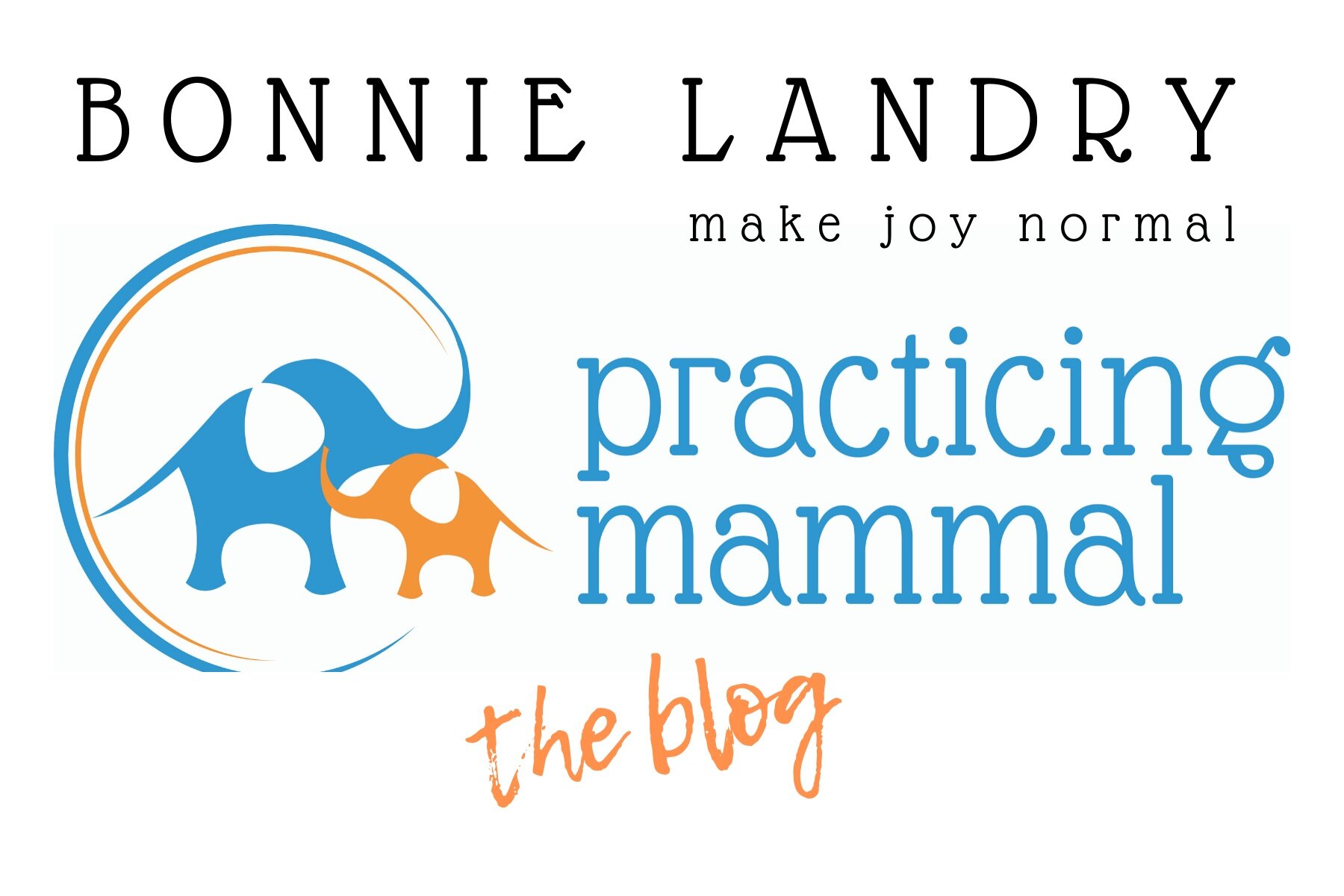how do we know when to begin homeschooling and other very large questions
Today’s episode deserves a blog post to go along with. My guest co-host, Christina and myself start with the large question, “how do we know when to begin homeschooling” and other questions of a philosophical nature. One of the topics that comes up is the skill of asking children leading questions when they’re little.
As our own homeschool experience was centered around questions and discussion, I thought I could share some discussion questions for littles here. So here are some things to think about, to provide wonder, to muse on with your small ones:
Here are some things to be aware of as you’re reading, walking through your day or just hanging out:
THINGS TO THINK ABOUT WHEN READING ALOUD:
when things take place
where they take place
people you know
why things matter
how I think about that
how people move about
how people communicate
how people eat and prepare food
how food grows
recreation
family life
We can always be contrasting and comparing other families to our own, in books or real life. Oh, look, they are all sitting at a table just like us….or, they share their food from bowls. They are dressed up very warm for winter, it must be like living in a freezer there! How do we dress in winter? When my Great-grampa was young, his parents went to church in a wagon pulled by horses! Would that be fun? Would it be more fun than our car? What if rained?
We look at who, what, where, when, why, how. Say you’re reading a version of the three little pigs. Hmmm. Those pigs build their own houses. That’s funny. How do they hold a hammer?
Our questions and comments for littles are relevant to their lives. As Christina points out in this episode, her son wants to rush in with construction vehicles to solve every problem. Go with that. Dr. Seuss did. Who was it that returned the baby bird to his nest in Are You My Mother? The Snort.
Wow, he must be such a gentle snort! I wonder why the baby bird can’t fly yet. Do you think his mother was worried? Why does the kitten look so confused? I wonder if a mama cow could raise a baby bird? What kind of tree is that? Do you know where the mama bird went?
Of course, with small children, we don’t bombard them with questions or information, we just go down paths as their interest suggests. Maybe they want to discuss. Maybe the don’t. We just go with what feels natural. It’s important also not to bombard them with information or corrections. If we ask a question, or make a comment that fuels discussion, just see where it goes. By way of example, if we ask them if they know where the mama bird went, and they say, to the doctor’s, or to a hockey game, or to visit a friend, there is no need to correct or suggest alternatives. If we say, well, a mama with a new baby would never go to a hockey game, we just shut discussion down. We can just respond with hmmm….that’s interesting. Why do you think she went to a hockey game? Because she has her purse and it costs money. Because hockey is fun. Because that is probably where daddy bird is. Because I like hockey.
There is no right answer, here. Let wondering happen.
Here are more questions for the asking.
Where is this story happening?
Do the characters live near each other?
Where are their grandparents from, do you think?
Where do they get water?
How do they wash?
What kind of clothes do they wear?
Do they have weapons?
Do they have a garden?
What does this character want?
What is preventing them from getting the thing they want?
What do you think he’ll do?
Is he frightened, happy, wondering?
How long ago?
How did the people get from one place to another?
How did they cook their food?
What kind of food did they eat?
Why do you think they did that?
Why are they behaving that way?
Who is the story about?
Things to think about:
time period or setting
physical geography or setting
transportation
communication
diet and food preparation
agriculture
recreation
family life
Compare and contrast. Make these thing relatable to their lives. For example, time period is a complex idea for a young person, we could simply ask if this happened a long time ago or a short time ago. Or with a story book, we could ask if it was night or morning? How do we know?
And these ideas aren’t limited to story books, but pictures, paintings, meals, nature walks, visits with grandparents, field trips. Wondering is a habit. A beautiful, rich way to observe, question, ponder, deduce and draw conclusions. It’s a habit of expression, too. It’s a way of looking at the world.
It’s a place to begin.

